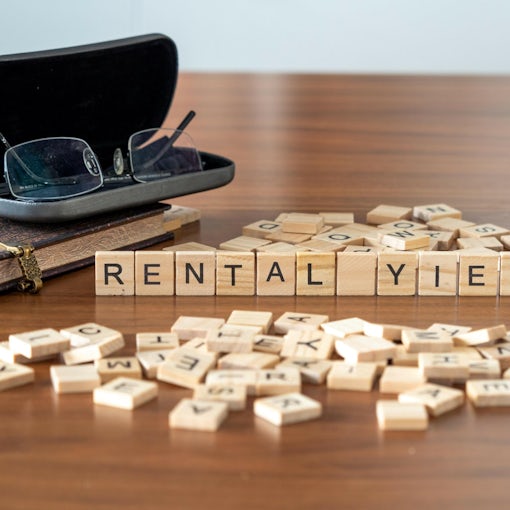From the 1st of October 2015 it became a statutory requirement that landlords issue all new tenants after that date with the latest edition of a Government publication “The How to Rent Guide”, along with a current Energy Performance Certificate (EPC) and a current Gas Safety Certificate (CP12).
The How to Rent guide is an attempt by Government to inform and educate tenants and landlords, by making the renting public aware of their rights, which should help the industry as it strives to stamp out bad practices.
Failure to supply these documents as stated will mean that landlords / agents are precluded from using the no-fault Section 21 eviction process. With the introduction of the “Right-to-Rent” checks from 1st of February 2016 the “How to Rent” Guide has been updated to include information on Right to Rent for the tenants’ benefit.
It is recommended to provide the documents to tenants at the start of every tenancy, but the legislation simply requires service BEFORE service of a 21 notice.
You can find the latest version of the How to Rent Guide here.
Right to Rent
From 1 February 2016, all private landlords in England have to make “Right to Rent” sometimes referred to as “Right to Reside” or immigration checks. This means checking that tenants have the right to be in the UK.
Failure to comply could mean a fine of up to £3,000 per tenant and possibly a criminal conviction. ALL tenants must be checked and documented through a similar process to avoid breaching discrimination laws. Landlords can delegate the responsibility to an agent to do “Right to Rent” checks, but there MUST be a written agreement to that effect. You can find information on Right to Rent checks here
Gas Safety Certificate
Landlords have specific legal responsibilities to their tenants when it comes to gas safety. As a landlord, you are legally responsible for the safety of your tenants. Gas safety checks must be done by Gas Safe registered engineer every 12 months on every gas appliance/flue in the property. A record of the annual gas safety check must be provided to your tenant within 28 days of the check being completed or to new tenants before they move in. Landlords must keep copies of the gas safety record for two years.
Energy Performance Certificate (EPC)
Energy Performance Certificates (EPCs) are needed whenever a property is built, sold and rented. The legislation says that and EPC MUST be provided to potential buyers and tenants when you market a property to sell or rent. In Scotland, the EPC must be displayed somewhere in the property, for example, in the meter cupboard or next to the boiler. An EPC is designed to inform potential buyers or renters about the energy efficiency (performance) of the property and therefore the property’s energy use and likely energy costs There will be recommendations about how to improve the property’s energy efficacy if applicable and therefore how to reduce energy use and save money.
An EPC gives a property an energy efficiency rating from A (most efficient) to G (least efficient) and is valid for 10 years. Under the Private Rented Sector Energy Efficiency Regulations (Non-Domestic) residential landlords will be forced to upgrade the energy efficiency of any home currently rated F and G to a minimum of E by 1 April 2018 – or face being unable to let them until they improve the rating. Almost 10% of England and Wales’ 4.2m privately rented homes currently fall below the E rating so many landlords will be affected by this. It also means that from 1 April 2016, tenants living in F and G-rated homes will be able to request improvements such as more insulation. The landlord will then be legally bound to bring the home up to an E-rating. You can find information on EPCs here
Article courtesy of LandlordZONE






